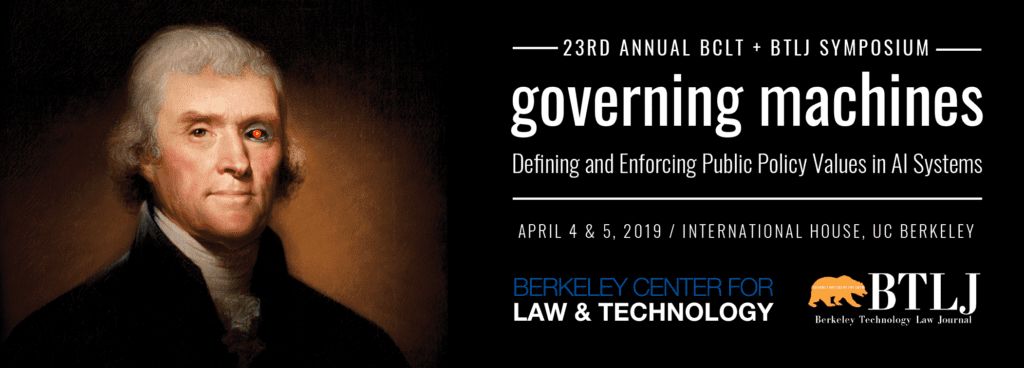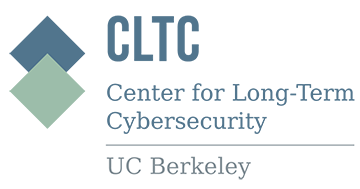
Algorithms that analyze data, predict outcomes, suggest solutions, and make decisions are increasingly embedded into everyday life. Machines automate content filtering, drive cars and fly planes, trade stocks, evaluate resumes, assist with medical diagnostics, and contribute to government decision-making. Given the growing role of artificial intelligence and machine learning in society, how should we define and enforce traditional legal obligations of privacy, non-discrimination, due process, liability, professional responsibility, and reasonable care? This symposium convened scholars and practitioners from law, policy, ethics, computer science, medicine, and social science to consider what roles we should allow machines to play and how to govern them in support of public policy goals.
Registration
Agenda
Resources
Co-sponsors
UC Berkeley School of Law certifies that this activity has been approved by the State Bar of California for 7.5 hours of Continuing Legal Education credit (2.75 hours for Thursday, April 4 and 4.75 hours for Friday, April 5).



